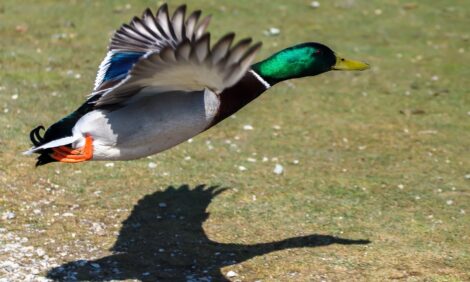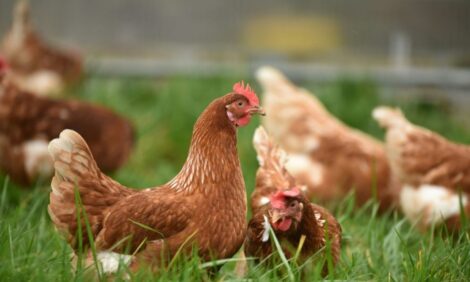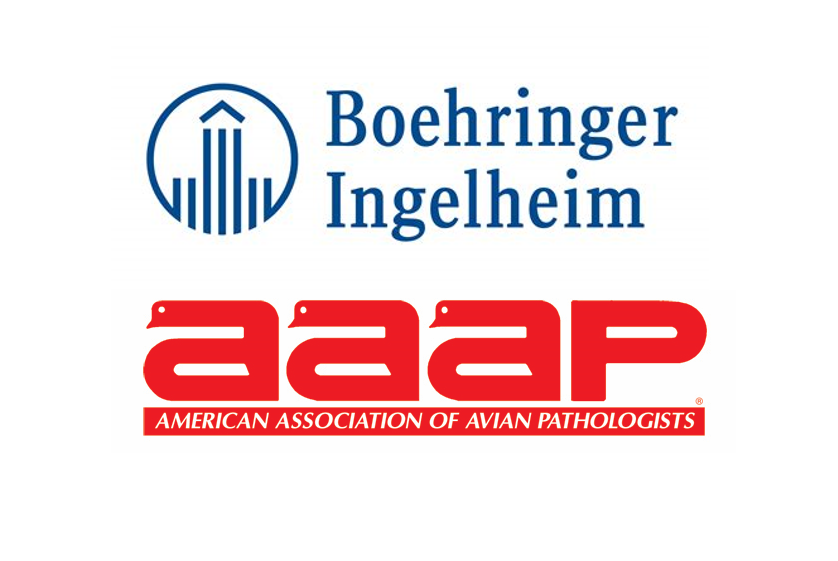



Assessment of safety and efficacy of a live attenuated freeze-dried vaccine in effervescent tablets against Newcastle disease in SPF turkeys
Boehringer Ingelheim abstracts presented at AAAP 2021Part of Series:
< Previous Article in Series
Newcastle disease (ND) is an infection of birds caused by a virus of avian paramyxovirus serotype 1 (APMV-1) with an intracerebral pathogenicity index (ICPI) in day-old chicks (Gallus gallus) of 0.7 or greater, or with multiple basic amino acids at the cleavage site of the virus fusion protein. Due to the severity of the infection and to the cost of control measures, the disease has an important economic impact worldwide, either in rural areas where backyard poultry is reared and in contexts with industrialized poultry production.
Infection with Newcastle disease virus (NDV) has been virtually reported in all avian species. Clinical signs can be different depending on poultry species, breed, etc. Generally, the order of birds showing the most severe clinical signs, to the least susceptible, are chickens, turkeys, pigeons and ducks.
Besides control measures such as international and national control policies and biosecurity, an important role is played by vaccination with live, inactivated and vector vaccines. However, a very limited number of ND vaccines is currently registered for use in turkeys.
Studies were performed to assess safety and efficacy of a live attenuated freeze-dried vaccine, based on VG/GA Avinew strain, against ND in SPF turkey poult groups, where the vaccine was applied at day-old by nebulization. In the safety study, the birds were regularly monitored up to day 21 of age for safety parameters. In the second study, at day 21 poults were blood sampled to measure the antibody response to ND and challenged intramuscularly with a velogenic NDV. The results of the studies will be presented and discussed.










